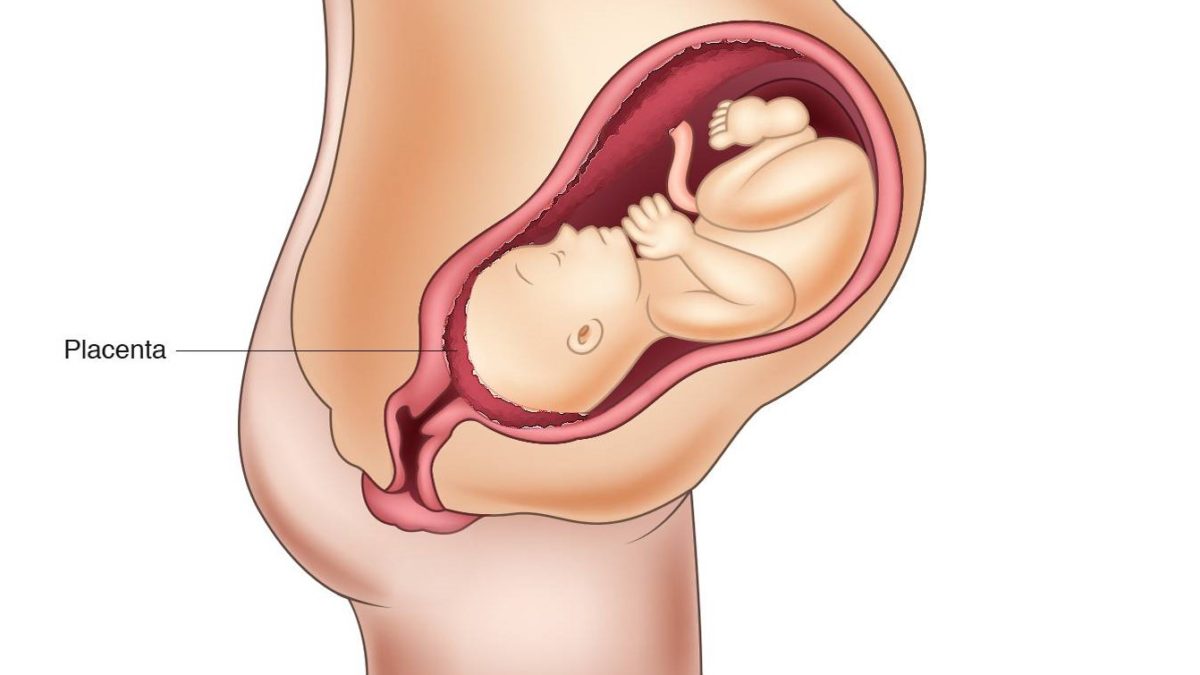Within a week after conception, an organ starts developing in the uterus: The Placenta. It fully develops by week 18–20 of pregnancy, but it continues to grow and support the baby’s oxygen, growing nutrition, and immunity needs. A healthy placenta is of significant importance.
A Healthy Placenta: Foundation for a healthy Pregnancy & Baby

Throughout the pregnancy, the placenta carries out all the biological functions that fetuses can’t do for themselves yet. After attaching itself to the uterine wall, the placenta connects to the fetus via the umbilical cord.
The Role of Placenta:
Supplies nutrients and oxygen — the placenta delivers nutrients, supplies oxygen, and transfers carbon dioxide from the baby back to the mother’s blood supply.
Eliminates waste — waste produced by the fetus, such as urea and uric acid, is absorbed back into the mother’s blood via the placenta by the process of diffusion.
Produces pregnancy hormones — the placenta produces a number of hormones throughout pregnancy, each of which plays an important role in supporting the pregnancy.
- HCG hormone maintains the corpus luteum — an important temporary gland in the ovaries, which produces progesterone. Once you become pregnant, the hCG produced by the placenta tells this cell group to sustain the pregnancy, maintain the uterine lining, release hormones, and more.
- Progesterone helps with the implantation of the fetus and creates a rich uterine lining of blood vessels to provide nutrition to the baby as it grows.
- Estrogen promotes breast and milk duct development in the mother.
- Human placental lactogen, or hPL, stimulates the fetus’s growth and development.
Provides immunity — the body’s infection-fighting antibodies, called immunoglobulins (mostly IgA and IgG), can pass from the mother to the fetus through the placenta. This not only protects the fetus from infections while in the womb but also provides immunity to the baby for around three months after delivery.
Filters out microorganisms — although the placenta can filter out some microbes, it is not a perfect infection or toxin barrier.
Regulates the fetus’s body temperature
Top 5 to Maintain a Healthy Placenta Throughout Your Pregnancy:

- Eat a healthy, balanced diet — lots of fresh vegetables and fruits, and fewer processed, sugary, and fried foods.
- Exercise regularly during pregnancy to boost your body’s oxygen supply. Swimming, walking briskly, and practicing low-impact aerobics are generally safe during pregnancy.
- Participate in stress-releasing activities such as meditation and spending time with loved ones. Research has shown that stress hormones can pass from the mother to the baby through the placenta, which why staying calm helps.
- Avoid smoking. Studies have linked smoking to poor placental health, low birth weight, sudden infant death syndrome, and childhood respiratory illnesses.
- Avoid alcohol. Consuming alcohol while you’re pregnant increases the risk of placental abruption when the placenta separates from the uterus before birth. This can deprive the baby of oxygen and nutrition, harming their health.
A healthy placenta is of critical importance for healthy human development.
Disclaimer
The Content is not intended to be a substitute for professional medical advice, diagnosis, or treatment. Always seek the advice of your physician or other qualified health provider with any questions you may have regarding a medical condition.